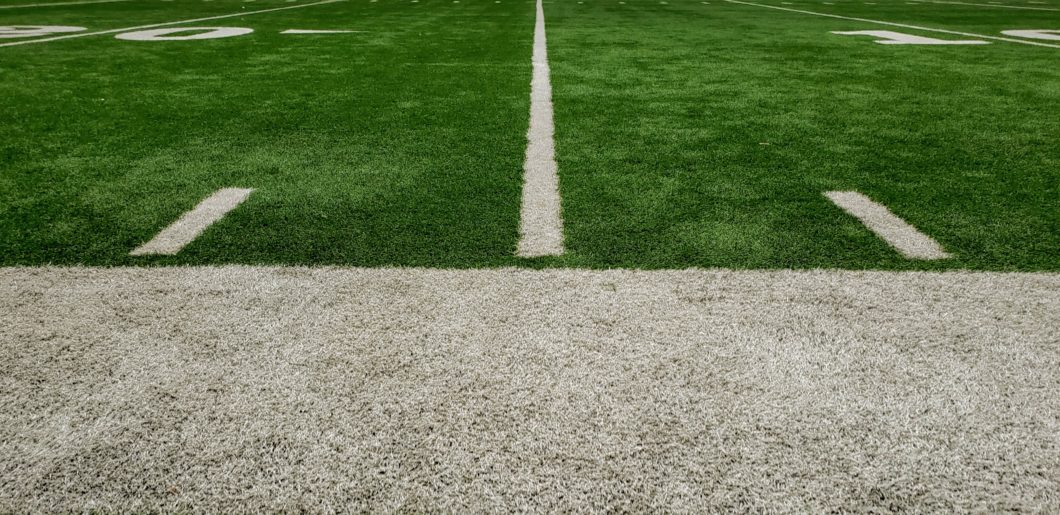When an athlete seeks to take their game to the next level, one of the top areas they look to address is mental performance. Mental health and performance go hand-in-hand because a clear mind and inner steadiness can be an athlete’s greatest asset.
Even if you have never struggled with anxiety, depression, or any other mental illness, you can—and should—still train your mindset. Whether you call it “mental health,” “mental wellness,” or “mental fitness,” it’s really all very similar.
Let’s look at the definition of mental health from mentalhealth.gov: “Mental health includes our emotional, psychological, and social well-being. It affects how we think, feel, and act. It also helps determine how we handle stress, relate to others, and make choices. Mental health is important at every stage of life, from childhood and adolescence through adulthood.”
From this definition, you can see how each of the factors would affect you as a player and as a person. With performance specifically, how you think, feel, act, as well as how you manage stress, relate to others, and make choices are all incredibly intertwined and important.
You may not be able to 100% control the momentum of the game, but you can control the momentum that’s happening within your mindset.
Here are a few mental health performance tips for athletes:
- Practice mindfulness. Mindfulness is truly a practice that requires discipline and commitment. In this way, it’s no different than any other training you do for your sport. The benefit is that you will slow down the space between the stimulus (i.e., something happening in the moment) and your response so that you can choose your reaction. In performance, you want to stay cool and levelheaded so that you play at your best.
- Use visualization regularly. Visualization is a skill that can help you connect with a successful performance, but I also like to use it to help athletes navigate challenges. Why? Challenges are inevitable so if you prepare and visualize yourself staying in a place of flow during those difficult moments of the game, you’ll prepare yourself to respond in real life.
- Brush up on your emotional intelligence skills. Emotional intelligence is not just learning to acknowledge and understand your emotions (and your triggers), but it will also help you interact with other players on a deeper level. There is a whole section about this in my book the Athlete Mental Health Playbook, but you can also check out this article for more info.
- Get help from the pros. Even if you’re used to solving your own problems, there will be times when you can’t do it all on your own. If something feels off or you have tried to resolve it on your own with little-to-no success, then it’s time to reach out to someone for help. Better yet, work with a coach or a professional who can help guide you sooner than later. The advantage is that they can bring in an outside perspective to help you see things that you might not have looked at before.
Keys to the game:
- Mental health performance is an effort that you can put in to train your mindset the same way that you train your body.
- The way you think, feel, and act are critical and intricate factors in how you perform as an athlete.
- Your ability to handle stress, make choices, and respond to others are mental health factors that will impact your performance.
Would you like help with your training your mindset for performance? Contact me about one-on-one VIP coaching.

